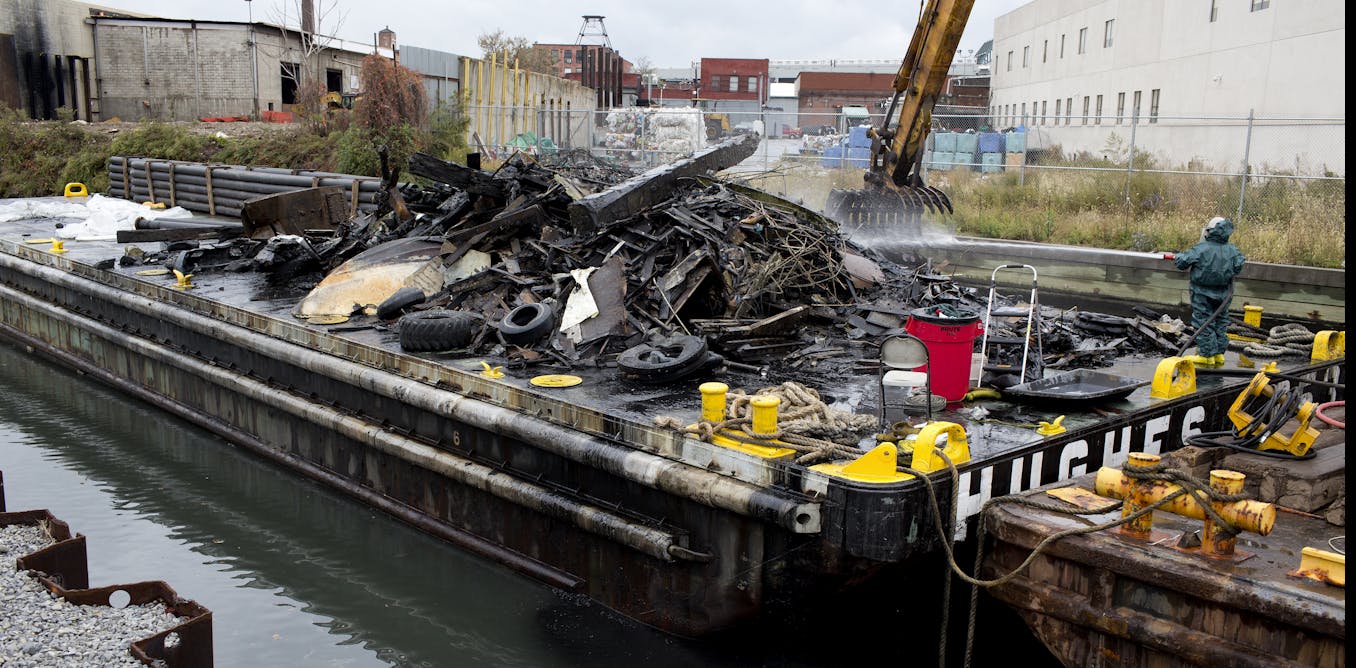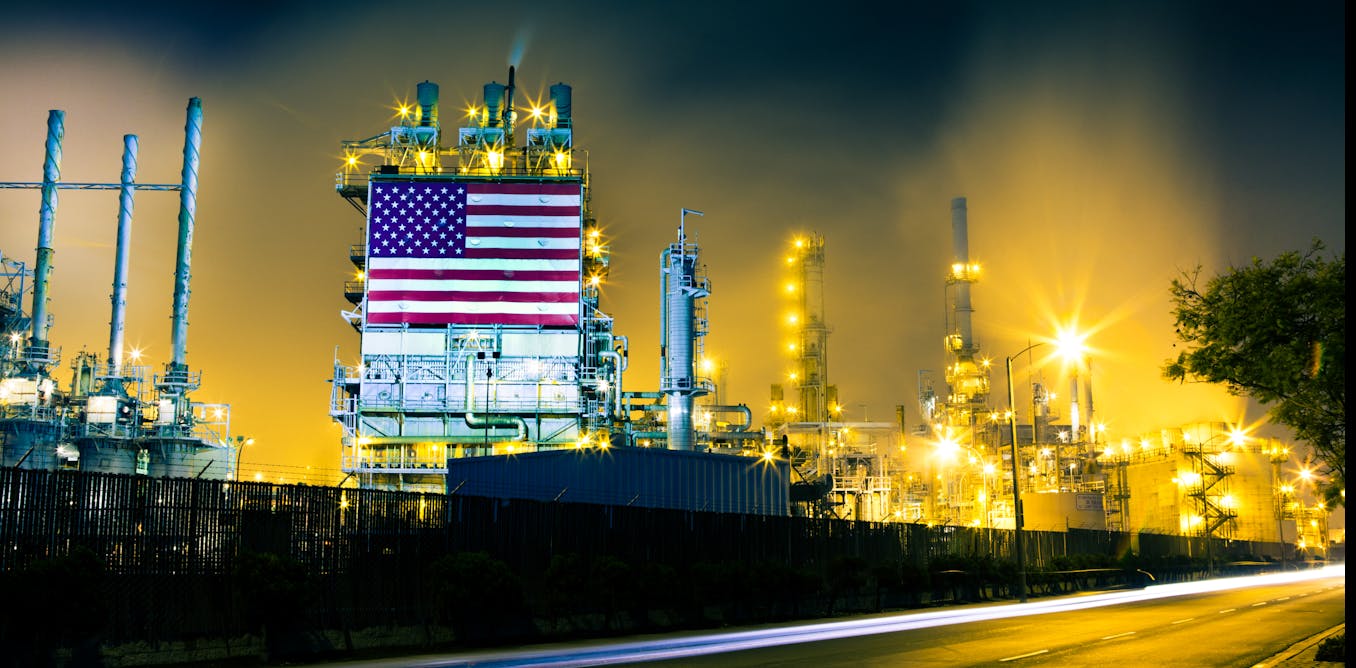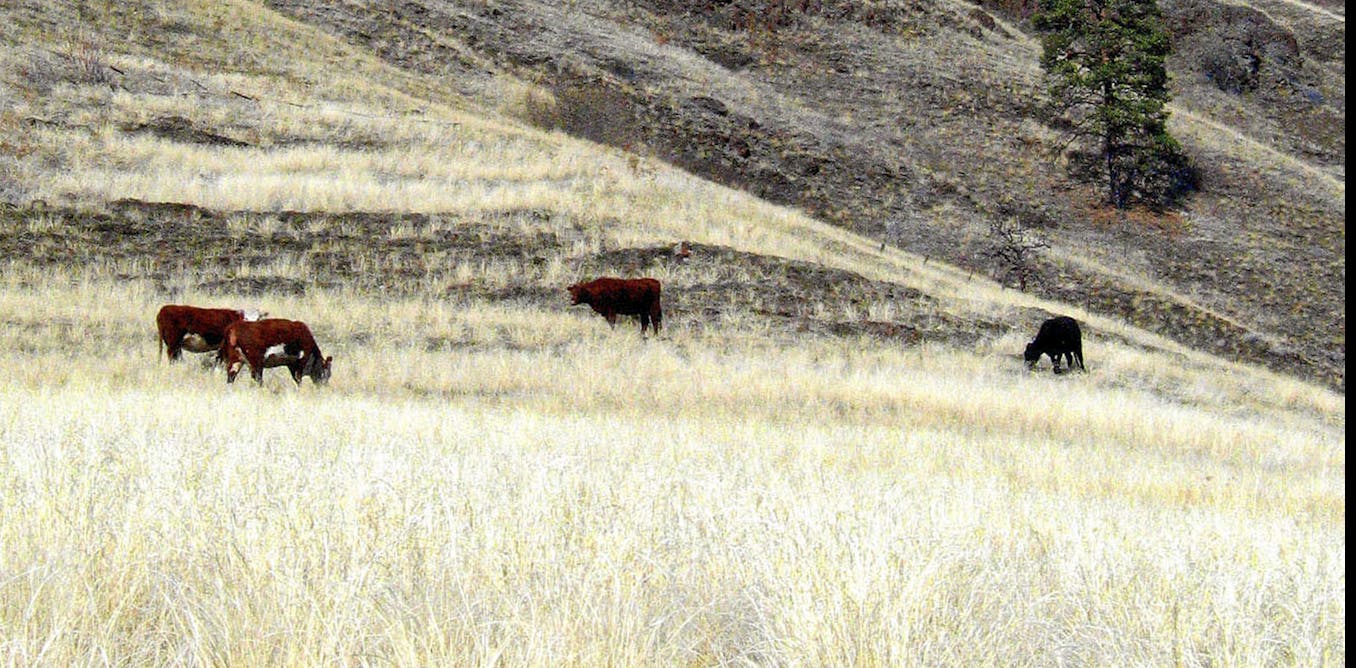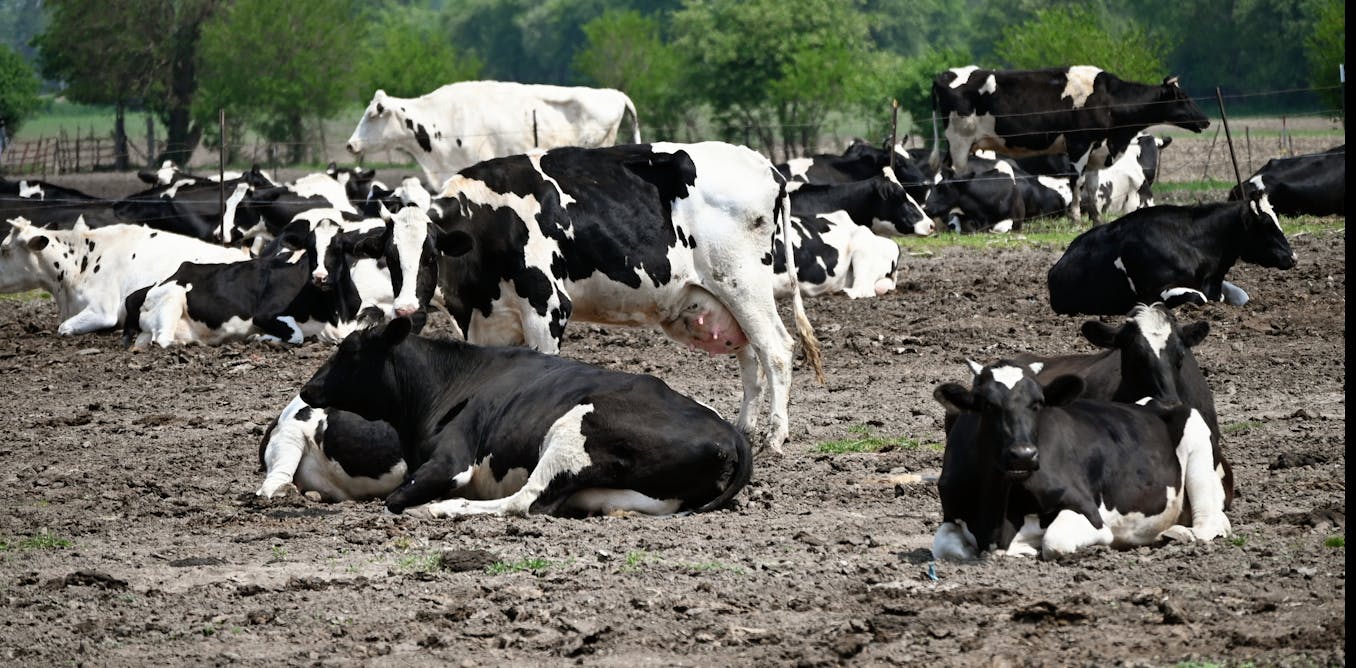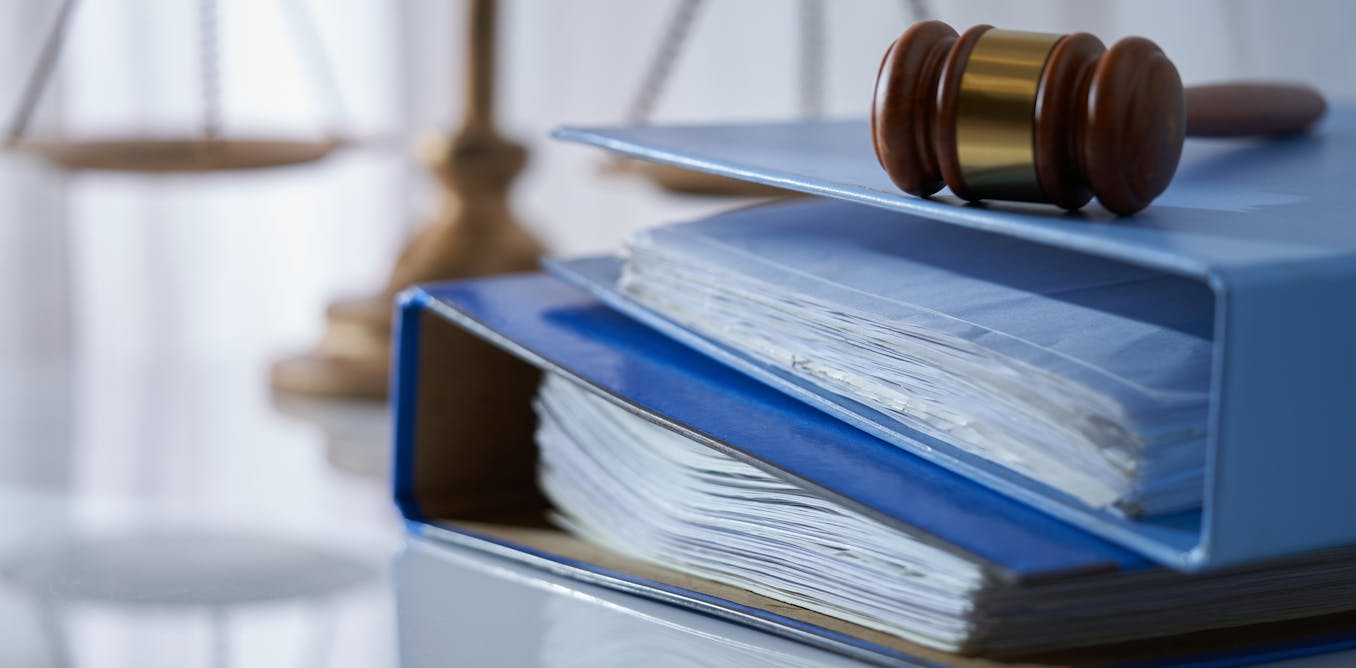How the EPA administrator protects public health, air, water and the environment
Enforcing environmental laws isn’t a job that makes people popular. But polls show that Americans generally want more environmental protection, not less.
Jan. 10, 2025 • ~10 min

